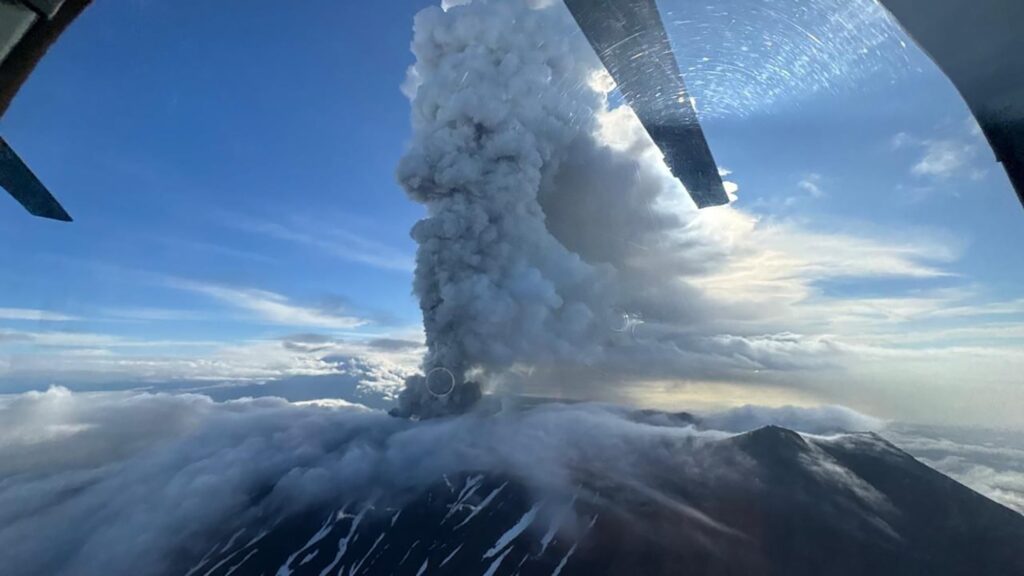
Introduction
The recent eruption of a volcano in Russia has captured international attention, highlighting the power of nature and its implications for the environment and local communities. Volcanic activity is a natural part of Earth’s geology, but its surprises can pose significant hazards and lead to far-reaching consequences.
Details of the Eruption
On October 10, 2023, the Klyuchevskaya Sopka volcano on Russia’s Kamchatka Peninsula erupted spectacularly, spewing ash and smoke up to 10 kilometers into the sky. According to the Kamchatka Branch of the Russian Academy of Sciences, the eruption was characterized by explosions and a minor lava flow, intensifying worries among the residents of nearby towns.
Authorities have reported that the ash cloud has affected air travel in the region, forcing airlines to cancel or reroute flights to ensure passenger safety. The ashfall has also prompted warnings for local communities, advising residents to stay indoors and wear masks when going outside to avoid respiratory issues.
The Volcanic Landscape
The Kamchatka Peninsula is home to 29 active volcanoes, making it one of the most volcanically active regions in the world. Scientists and volcanologists monitor these eruptions closely, collecting data to better understand volcanic behaviors and their environmental impact. This recent eruption adds vital data to an already rich repository of geological information.
Environmental and Local Impacts
The ash resulting from the eruption can have both positive and negative effects on the local environment. While ash can be a fertile ground for new plant growth, excessive ashfall can disrupt local ecosystems, agriculture, and wildlife. It is also essential for local governments to prepare for natural disasters potentially caused by volcanic activity, such as lahars (volcanic mudflows) and tsunamis.
Conclusion
The eruption of Klyuchevskaya Sopka underscores the ever-present forces of nature that can impact communities and environments across the globe. As scientists continue to monitor the activity, they aim to refine warning systems and improve disaster preparedness. For residents of the Kamchatka Peninsula and nearby regions, engaging with local authorities and staying informed will be crucial as they navigate the potential fallout from this natural event. The eruption serves as a reminder of our planet’s dynamic system and the need for readiness in the face of natural phenomena.



